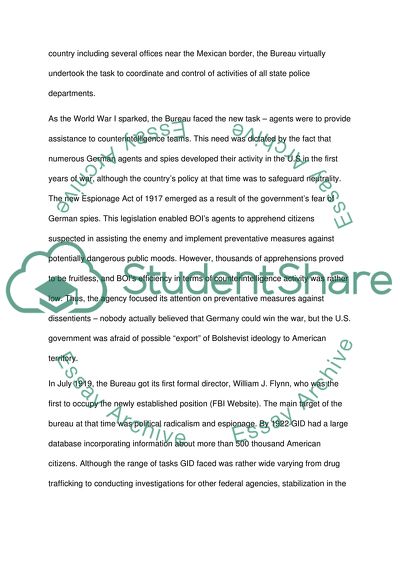Cite this document
(A Brief History of the FBI Report Example | Topics and Well Written Essays - 1500 words, n.d.)
A Brief History of the FBI Report Example | Topics and Well Written Essays - 1500 words. https://studentshare.org/history/1840458-fbi-federal-bureau-investigation
A Brief History of the FBI Report Example | Topics and Well Written Essays - 1500 words. https://studentshare.org/history/1840458-fbi-federal-bureau-investigation
(A Brief History of the FBI Report Example | Topics and Well Written Essays - 1500 Words)
A Brief History of the FBI Report Example | Topics and Well Written Essays - 1500 Words. https://studentshare.org/history/1840458-fbi-federal-bureau-investigation.
A Brief History of the FBI Report Example | Topics and Well Written Essays - 1500 Words. https://studentshare.org/history/1840458-fbi-federal-bureau-investigation.
“A Brief History of the FBI Report Example | Topics and Well Written Essays - 1500 Words”. https://studentshare.org/history/1840458-fbi-federal-bureau-investigation.


